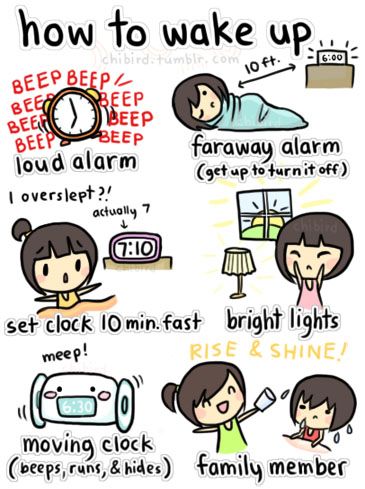We've all been there: It's been a long week at work, so Friday night, you reward yourself by going to bed early and sleeping in. But when you wake up the next morning (or afternoon), light scathes your eyes, and your limbs feel like they're filled with sand. Your brain is still lying down and you even have faint headache. If too little sleep is a problem, then why is extra sleep a terrible solution?
Oversleeping feels so much like a hangover that scientists call it sleep drunkenness. But, unlike the brute force neurological damage caused by alcohol, your misguided attempt to stock up on rest makes you feel sluggish by confusing the part of your brain that controls your body's daily cycle.
Your internal rhythms are set by your circadian pacemaker, a group of cells clustered in the hypothalamus, a primitive little part of the brain that also controls hunger, thirst, and sweat. Primarily triggered by light signals from your eye, the pacemaker figures out when it's morning and sends out chemical messages keeping the rest of the cells in your body on the same clock.
Scientists believe that the pacemaker evolved to tell the cells in our bodies how to regulate their energy on a daily basis. When you sleep too much, you're throwing off that biological clock, and it starts telling the cells a different story than what they're actually experiencing, inducing a sense of fatigue. You might be crawling out of bed at 11am, but your cells started using their energy cycle at seven. This is similar to how jet lag works.
But oversleep isn't just going to ruin your Saturday hike. If you're oversleeping on the regular, you could be putting yourself at risk for diabetes, heart disease, and obesity. Harvard's massive Nurses Health Study found that people who slept 9 to 11 hours a night developed memory problems and were more likely to develop heart disease than people who slept a solid eight. (Undersleepers are at an even bigger risk). Other studies have linked oversleep to diabetes, obesity, and even early death.
Oversleep doesn't just happen as a misguided attempt at rewarding yourself.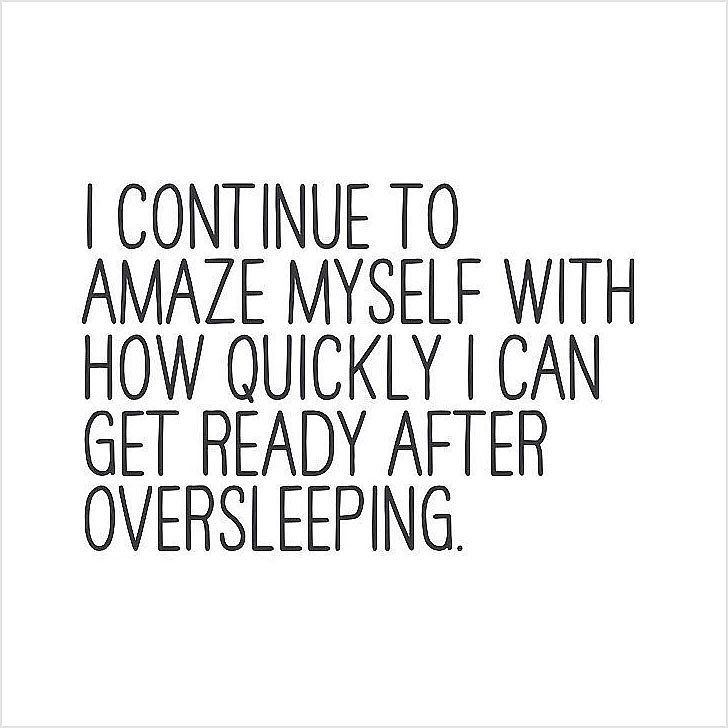 The Harvard Nurses Study estimated that chronic oversleep affects about 4 percent of the population. These are generally people who work odd hours, have an uncomfortable sleep situation, or a sleeping disorder.
The Harvard Nurses Study estimated that chronic oversleep affects about 4 percent of the population. These are generally people who work odd hours, have an uncomfortable sleep situation, or a sleeping disorder.
People who work early morning or overnight shifts might be oversleeping to compensate for waking up before the sun rises or going to sleep when it's light out. Doctors recommend using dark curtains and artificial lights to straighten things out rather than medication or supplements. Apps like the University of Michigan's Entrain can also help people reset their circadian clock by logging the amount and type of light they get throughout the day.
When you go to bed, your body cycles between different sleep stages. Your muscles, bones, and other tissues do their repair work during deep sleep, before you enter REM. However, if your bed or bedroom is uncomfortable—too hot or cold, messy, or lumpy—your body will spend more time in light, superficial sleep. Craving rest, you'll sleep longer.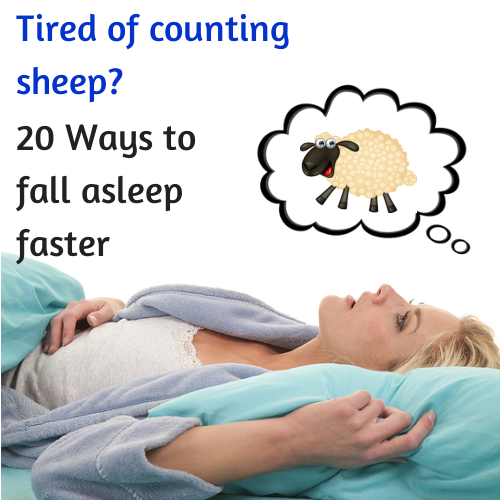
If everything's just fine with your sleep zone but you still can't get under the eight hour mark, you might need to go see a doctor. It could be a symptom of narcolepsy, which makes it hard for your body to regulate fatigue and makes you sleep in more. Sleep apnea is a potentially more serious disorder where you stop breathing while you slumber. It's typically caused by an obstructed airway, which leads to snoring. However, in a small number of sufferers, the brain simply stops telling the muscles to breathe, starving the brain and eventually forcing a gasping response. In addition to all the other terrifying aspects of this disease, it's not doing your quality of sleep any favors.
No surprise, drugs and alcohol might also be causing you to sleep too much, as does being depressed (In fact, oversleep can contribute to even more depression). But no matter what's causing it, too much sleep is not good for your long term health. Rather than kicking the can down the road, try getting some equilibrium between your weekend and weekday sleep.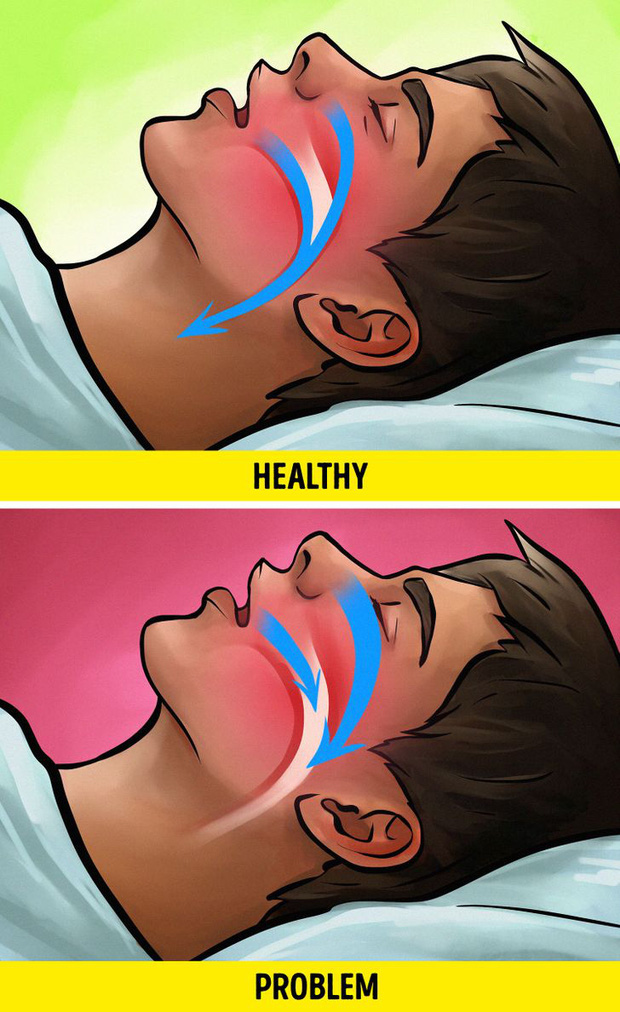
Written by Hilary Parker
When it comes to sleep, can you have too much of a good thing? It's true a good night's sleep is essential for health. But oversleeping has been linked to a host of medical problems, including diabetes, heart disease, and increased risk of death.
Researchers are careful to note, however, that two other factors -- depression and low socioeconomic status -- are strongly associated with oversleeping. Those two factors may be the reason for the observed negative health effects. For example, people of lower socioeconomic status may have less access to healthcare and therefore more undiagnosed illnesses, such as heart disease, which, in turn, may cause oversleeping.
The amount of sleep you need varies significantly over the course of your lifetime. It depends on your age and activity level as well as your general health and lifestyle habits. For instance, during periods of stress or illness, you may feel an increased need for sleep.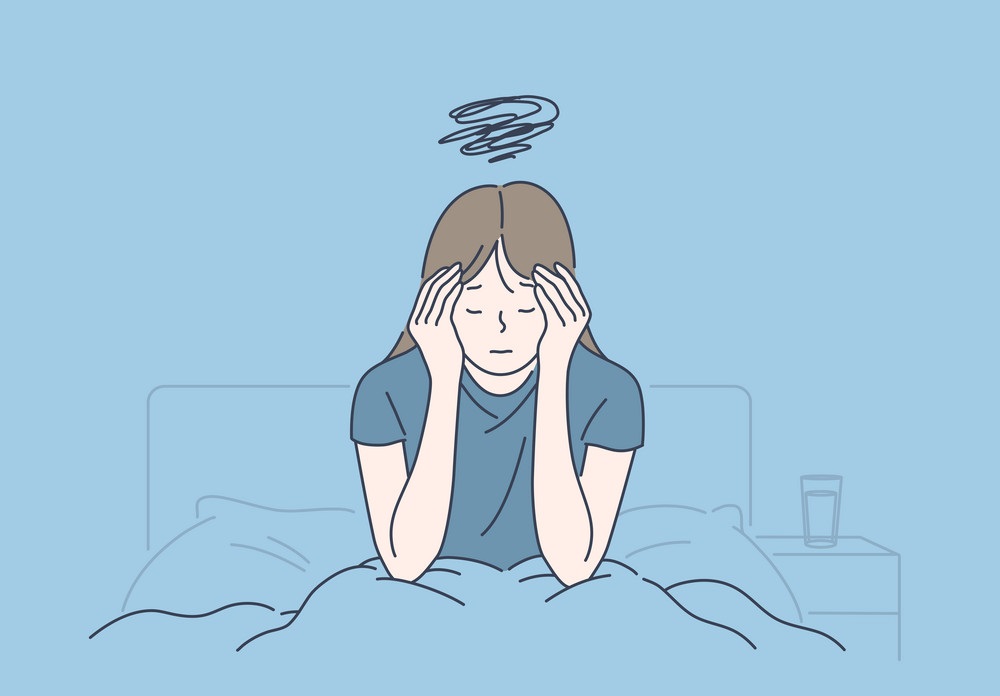 But although sleep needs differ over time and from person to person, experts typically recommend that adults should sleep between seven and nine hours each night.
But although sleep needs differ over time and from person to person, experts typically recommend that adults should sleep between seven and nine hours each night.
For people who suffer from hypersomnia, oversleeping is actually a medical disorder. The condition causes people to suffer from extreme sleepiness throughout the day, which is not usually relieved by napping. It also causes them to sleep for unusually long periods of time at night. Many people with hypersomnia experience symptoms of anxiety, low energy, and memory problems as a result of their almost constant need for sleep.
Obstructive sleep apnea, a disorder that causes people to stop breathing momentarily during sleep, can also lead to an increased need for sleep. That's because it disrupts the normal sleep cycle.
Of course, not everyone who oversleeps has a sleep disorder. Other possible causes of oversleeping include the use of certain substances, such as alcohol and some prescription medications.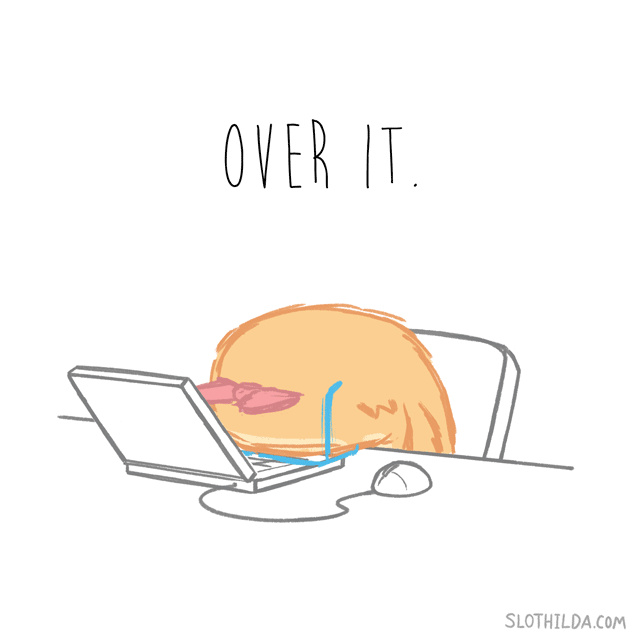 Other medical conditions, including depression, can cause people to oversleep. And then there are people who simply want to sleep a lot.
Other medical conditions, including depression, can cause people to oversleep. And then there are people who simply want to sleep a lot.
Diabetes. Studies have shown that sleeping too long or not enough each night can increase the risk for diabetes.
Obesity. Sleeping too much or too little could make you weigh too much, as well. One recent study showed that people who slept for nine or 10 hours every night were 21% more likely to become obese over a six-year period than were people who slept between seven and eight hours. This association between sleep and obesity remained the same even when food intake and exercise were taken into account.
Headaches. For some people prone to headaches, sleeping longer than usual on a weekend or vacation can cause head pain. Researchers believe this is due to the effect oversleeping has on certain neurotransmitters in the brain, including serotonin. People who sleep too much during the day and disrupt their nighttime sleep may also find themselves suffering from headaches in the morning.
Back pain. There was a time when doctors told people suffering from back pain to head straight to bed. But those days are long gone. You may not even need to curtail your regular exercise program when you are experiencing back pain. Check with your doctor. Doctors now realize the health benefits of maintaining a certain level of activity. And they recommend against sleeping more than usual, when possible.
Depression.. Although insomnia is more commonly linked to depression than oversleeping is, roughly 15% of people with depression sleep too much. This may in turn make their depression worse. That's because regular sleep habits are important to the recovery process.
Heart disease. The Nurses' Health Study involved nearly 72,000 women. A careful analysis of the data from that study showed that women who slept nine to 11 hours per night were 38% more likely to have coronary heart disease than women who slept eight hours. Researchers have not yet identified a reason for the connection between oversleeping and heart disease.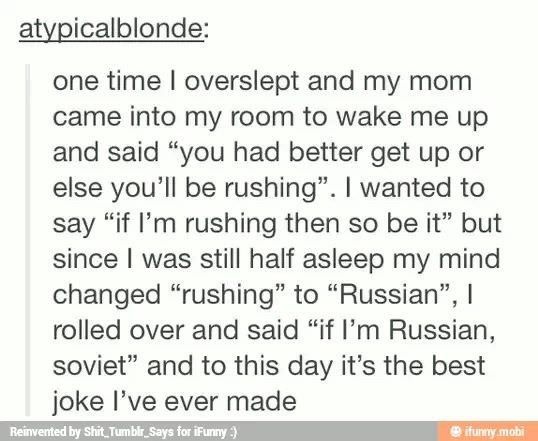
Death. Multiple studies have found that people who sleep nine or more hours a night have significantly higher death rates than people sleeping seven to eight hours a night. No specific reason for this correlation has been determined. But researchers found that depression and low socioeconomic status are also associated with longer sleep. They speculate these factors could be related to the observed increase in mortality for people who sleep too much.
If you average more than seven or eight hours of sleep per night, see a doctor for a checkup. The doctor can help you determine why you oversleep.
If your oversleeping is caused by alcohol or certain prescription medications, cutting back on or eliminating the use of these substances may help. Never stop a prescribed medicine, however, unless instructed to do so by your doctor. Similarly, if your oversleeping is caused by an underlying medical condition, treating this disorder may allow you to return to normal sleep habits.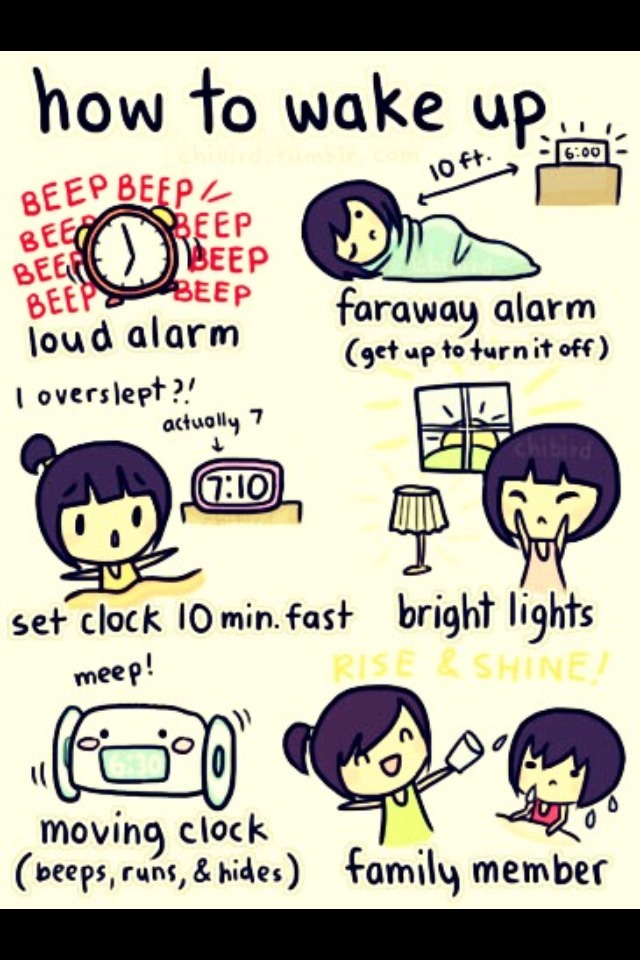
Regardless of the cause of your oversleeping, practicing good sleep hygiene will help you reap the benefits of a healthy seven to eight hours of sleep each night. Experts recommend keeping the same bedtimes and wake times every day. They also recommend avoiding caffeine and alcohol close to bedtime. Exercising regularly and making your bedroom a comfortable environment that's conducive to sleep will help you get the amount of sleep you need.
This has happened to everyone: on Friday, after a hard week of work, we decide to reward ourselves and have a good sleep. But the next morning (or already in the afternoon), the hands and feet are filled with lead, and the light hits the eyes painfully. The brain refuses to turn on and even the head aches. If lack of sleep causes problems, then why don't extra hours of sleep help to cope with them?
The feeling after a long sleep is so similar to a hangover that scientists call it "drowsy drunkenness".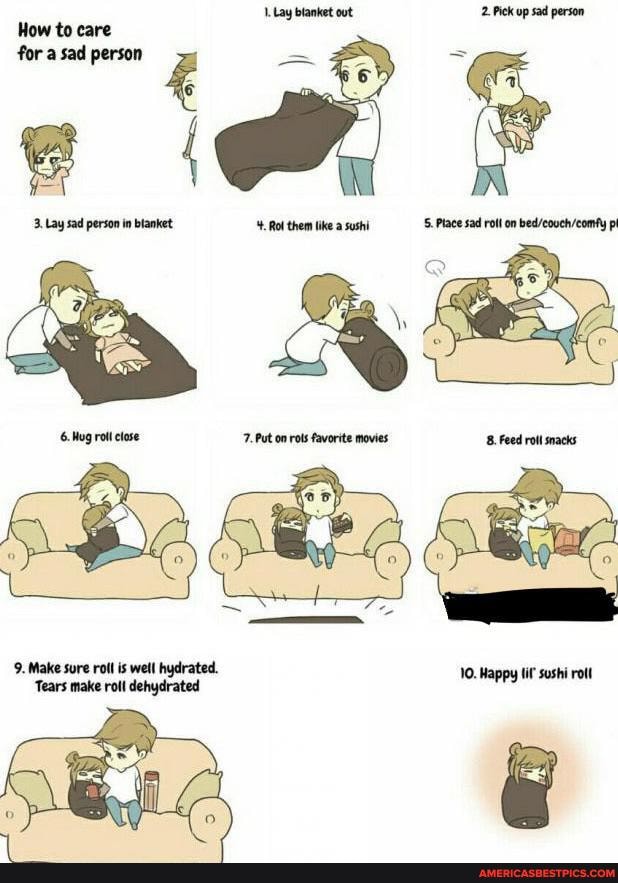 But unlike the neurological damage caused by alcohol, misguided attempts to catch up on lost sleep confuse the part of the brain responsible for the body's circadian cycle. nine0003
But unlike the neurological damage caused by alcohol, misguided attempts to catch up on lost sleep confuse the part of the brain responsible for the body's circadian cycle. nine0003
Human internal rhythms are set by the circadian "metronome", a group of cells in the hypothalamus, a small, primitive part of the brain that also controls hunger, thirst, and perspiration. Mostly reacting to light, these cells detect the morning and send chemical signals throughout the body, keeping the body working at a certain frequency.
Scientists are convinced that in this way all the cells of the body learn how to distribute energy during the day. When you sleep too long, you reset your internal clock and the body receives incorrect information, which causes a feeling of fatigue. You get out of bed at 11 o'clock, and the cells began their energy cycle at 7. It's like a jet lag effect. nine0003
But oversleeping will not just ruin your day off - if you oversleep regularly, you put yourself at risk of obesity, diabetes and heart disease. A large-scale Harvard University Nurses Health Study found that people who sleep 9-11 hours a day suffer from heart disease and memory problems more often than those who sleep eight hours (lack of sleep is even more harmful to health). Other studies have linked excess sleep to diabetes, obesity, and even early death.
A large-scale Harvard University Nurses Health Study found that people who sleep 9-11 hours a day suffer from heart disease and memory problems more often than those who sleep eight hours (lack of sleep is even more harmful to health). Other studies have linked excess sleep to diabetes, obesity, and even early death.
A long sleep is not always an attempt to sleep off. A Harvard study found that chronic oversleeping occurs in 4 percent of the world's population. As a rule, these are people with non-standard work schedules, sleep disorders and uncomfortable sleep conditions.
People who work night shifts or early in the morning have to sleep in the daylight or get up when it's dark outside. Doctors recommend in such cases to use dark curtains and artificial light, avoiding drugs and nutritional supplements. Apps like Entrain help restart circadian rhythms by tracking the amount and type of light received throughout the day. nine0003
When you go to bed, your body goes through several stages of sleep. Muscles, bones and other tissues carry out their repair work during the deep sleep phase. If you are uncomfortable - cold, hot or the bed is uncomfortable, then more time will be spent on light, superficial sleep. If you want to rest better, you will sleep longer.
Muscles, bones and other tissues carry out their repair work during the deep sleep phase. If you are uncomfortable - cold, hot or the bed is uncomfortable, then more time will be spent on light, superficial sleep. If you want to rest better, you will sleep longer.
If you do not complain about sleep conditions, but still cannot meet eight hours, you should consult a doctor. This may be a symptom of narcolepsy, which prevents the body from properly detecting fatigue. A more dangerous disorder may be sleep apnea, characterized by a temporary cessation of breathing. It is caused by airway congestion, usually resulting in snoring. But in a small number of people, the brain simply tells the muscles not to breathe and stops getting oxygen. In addition to all the terrifying aspects of this disorder, it adversely affects the quality of sleep. nine0003
Of course, alcohol and drugs can also cause oversleeping, as can depression (which can get worse). But whatever the reason, excess sleep will be bad for your health. Instead of sleeping for the whole week, try to find some balance between sleeping on weekdays and on weekends.
Instead of sleeping for the whole week, try to find some balance between sleeping on weekdays and on weekends.
We publish some useful tips on how to get up on time and protect your body from “oversleeping”
There is a category of people who cannot wake up in the morning. Perhaps you feel the same way about her. Morning sleep is so sweet, so pleasant... Another 5 minutes. I have time. I’ll get up now, I’ll just lie down a little more ... Familiar? Then, like a flash: "I'm late"! Before the start of the working day 25 minutes! And I'm still in bed! What's next, guess what? If this situation repeats itself in your life every morning, we offer several ways to “train” your body.
Method No. 1. Whenever you go to bed, get up every day at the same time. It doesn't matter which one, but it's the same. Even on weekends. nine0003
Method #2. The secret to a good lift is simple. Whatever wakes us up - an alarm clock or a gentle whisper - you can always fall asleep again. Because only our head woke up, not the body. But there is a way to wake up the body. It's as easy as drinking a glass of water. By the way, this is exactly what this method consists of: drink a glass of water as soon as you get up. After that, it is very difficult to fall asleep - unless you are tired to death. After that, the stomach wakes up, with which it is very difficult to argue. A glass of water washes away old gastric juices and generally keeps your digestive system running smoothly, which you'll need even if you're not going to eat anything. Will you drink water? A glass of water is best placed next to the bed. Can be on the bedside table, near the alarm clock. The colder the water you drink, the faster you will wake up. But you should not abuse such an icy shower from the inside. So it is better to drink water at room temperature, but more. However, if you sleep with an open window in winter (there are such heroes), do not be surprised if the water is icy.
Whatever wakes us up - an alarm clock or a gentle whisper - you can always fall asleep again. Because only our head woke up, not the body. But there is a way to wake up the body. It's as easy as drinking a glass of water. By the way, this is exactly what this method consists of: drink a glass of water as soon as you get up. After that, it is very difficult to fall asleep - unless you are tired to death. After that, the stomach wakes up, with which it is very difficult to argue. A glass of water washes away old gastric juices and generally keeps your digestive system running smoothly, which you'll need even if you're not going to eat anything. Will you drink water? A glass of water is best placed next to the bed. Can be on the bedside table, near the alarm clock. The colder the water you drink, the faster you will wake up. But you should not abuse such an icy shower from the inside. So it is better to drink water at room temperature, but more. However, if you sleep with an open window in winter (there are such heroes), do not be surprised if the water is icy. Well, well, it's your choice. Although in this case, you can stock up on a small thermos and drink from it. A perversion, of course, but sweet and pleasant. nine0003
Well, well, it's your choice. Although in this case, you can stock up on a small thermos and drink from it. A perversion, of course, but sweet and pleasant. nine0003
Method #3. Get enough sleep. It is difficult to get out of bed after a sleepless night, and chronic lack of sleep makes this task almost impossible. Determine how much sleep you need per night, and try to maintain that amount of sleep constantly. Even though you sleep a lot on the weekends, your body needs sleep every single day. Unfortunately, you can’t “stock up” on sleep for the future. For most people, the minimum nighttime sleep is 7 hours. nine0003
Method no. 4 . Get into the rhythm. Your body lives according to a certain rhythm, the so-called daily cycle, and “getting into” it is very important for good health and good rest. Try to go to bed at the same time for several days, and gradually you yourself will feel in which direction you need to make an amendment. If you wake up before the alarm, you can move your bedtime a little forward, but if you oversleep, try going to bed a little earlier.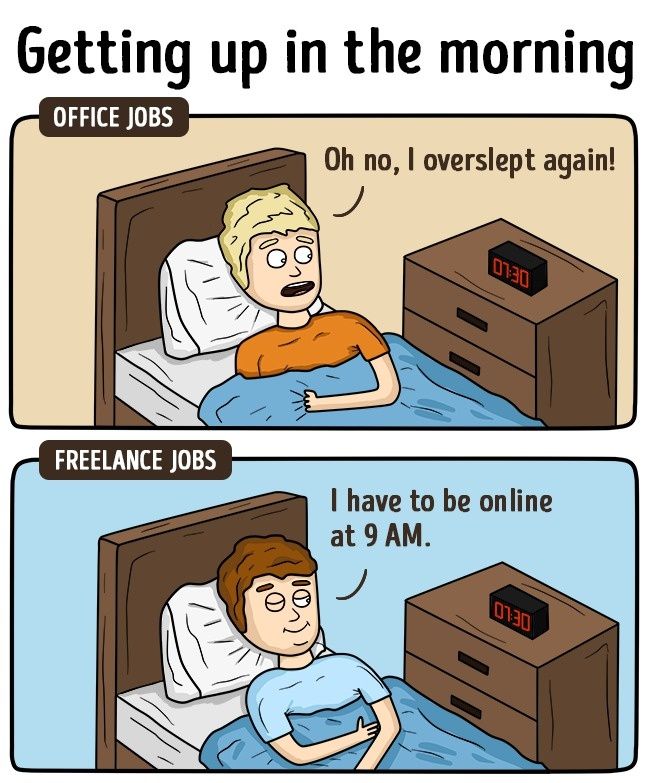 Sleep for 90 minutes. What does it mean? The human sleep cycle is about 90 minutes. Try to sleep in multiples of 90 minutes, such as 6, 7 and a half, or 9 hours. In most cases, you will feel more rested afterwards.
Sleep for 90 minutes. What does it mean? The human sleep cycle is about 90 minutes. Try to sleep in multiples of 90 minutes, such as 6, 7 and a half, or 9 hours. In most cases, you will feel more rested afterwards.
Method no. 5. Sleep comfortably. Even 8 hours of sleep may not be enough if you are not comfortable sleeping. Your bed should be comfortable and spacious, the temperature in the bedroom should be optimal (slightly cool), noise should be minimal (turn off the TV). Do not drink alcohol and coffee before bed, read a book. nine0003
Method no. 6. Select the correct alarm. One person is better awakened by the ringing sharp sound of an alarm clock, the second by the sound of the radio turned on, the third by the vibrating alert of a mobile phone ... Choose the type of signal that will wake you up most effectively.
Method no. 7. The right place for an alarm clock. Position your alarm so that you have to get out of bed to turn it off.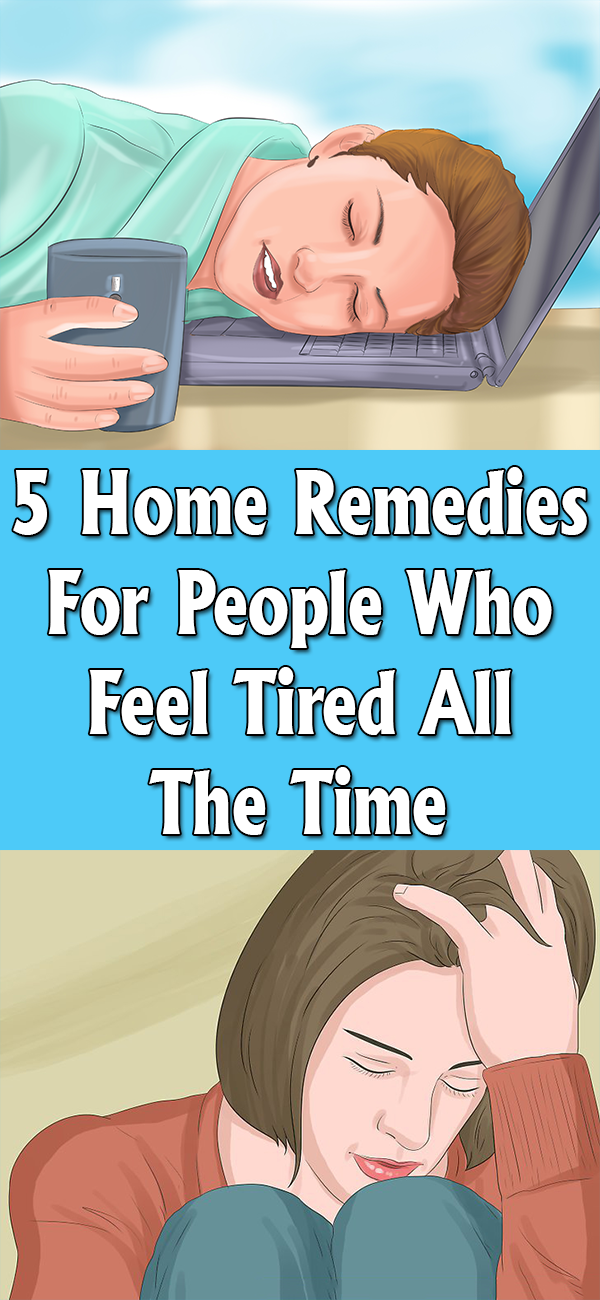 For example, put an alarm clock on the other side of the room - if you have to get up to turn it off, the likelihood that you will fall asleep again is drastically reduced. nine0003
For example, put an alarm clock on the other side of the room - if you have to get up to turn it off, the likelihood that you will fall asleep again is drastically reduced. nine0003
Method No. 8. Several alarm clocks. If you find it hard to get out of bed when your alarm goes off, try using a few! Set the second alarm 5-10 minutes later than the first, select a different alarm type. In some cases this helps.
Method No. 9. Accept help from outside. Ask your wife, husband, neighbor, friend to push you / call / shout under the windows. If you are staying at a hotel. ask to be called back at a certain time - you have to pick up the phone and wake up. nine0003
Method #10. Wake up earlier. It often happens that you wake up a minute before the alarm goes off, and decide that you can take another minute to take a nap. You will most likely oversleep and feel more sleepy the second time you wake up. If you wake up before the call, get up immediately - this is your body's signal that it is ready for action.
Method #11. Add lighting. Leave the curtains open so that the early sun wakes you up with its rays. The human body reacts to light, even when asleep, so waking up will be much easier in the light than in the dark - this explains why it is so difficult to get up early in the morning, before sunrise. If it's winter outside, or you have to get up very early, use a lamp with a timer. nine0003
Method #12. Cheer up. As soon as you get out of bed, put on some upbeat music and get moving. It can be exercise, just different erratic movements or just morning exercise (warm the kettle, make the bed, brush your teeth, etc.)
Method No. 13. Take a shower. It is useful and effective to take a shower immediately after waking up. You can use a shower gel with a lemon or mint scent.
Now - why is it necessary. In order for sleep to normalize, we need to make it clear to our body that there is no other way out: you still have to get up.